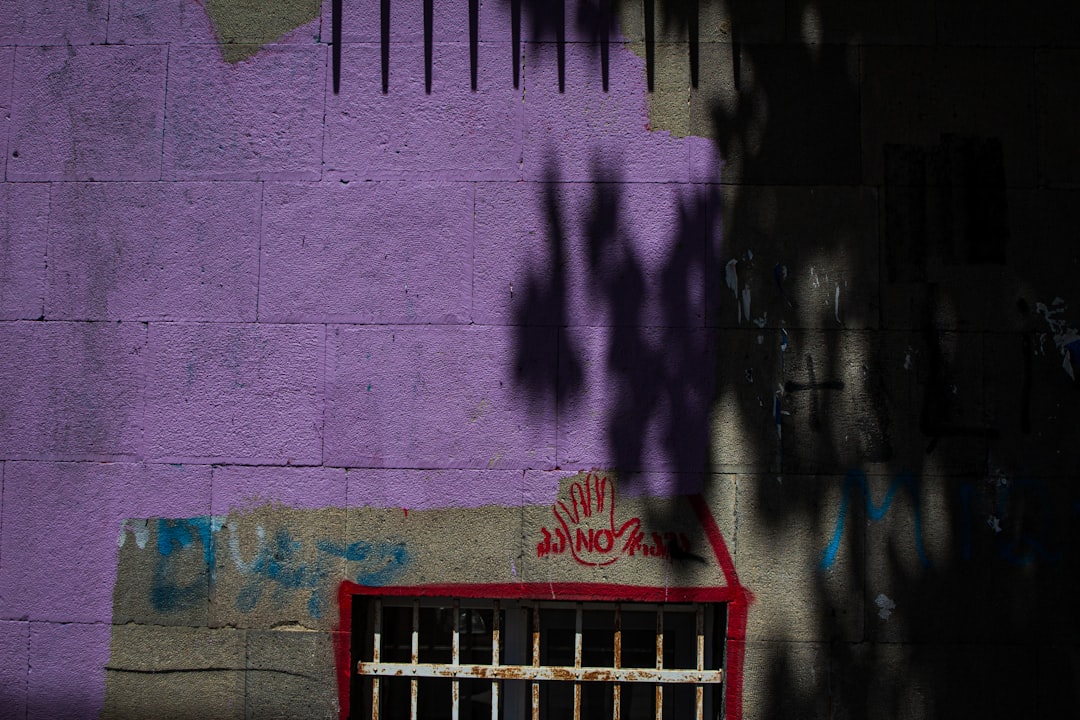Gen-Z's Riot grrrl revival
What do SZA, Olivia Rodrigo, and The Beaches have in common? Embracing pettiness and being shamelessly bitter

A little over a week ago, Canadian alternative pop band The Beaches released their debut album “Blame my Ex,” so named after the hit single “Blame Brett.”
“Blame Brett” follows a young woman singing about her participation in hook up culture with little regard for anyone’s feelings, as she forewarns potential lovers, “I’m probably going to let you down, I’m probably going to sleep around.”
“But don’t blame me,” she says. “Blame Brett.”
This song is part of a running trend in pop music lately. We saw it with SZA’s “Kill Bill,” where she sings not only about killing her ex, but his new girlfriend, too. We saw it with “Blame Brett,” and now, we’re seeing it once again with the new Olivia Rodrigo.
The singer released her sophomore album “Guts” last week. The album is not unlike Rodrigo’s debut, “Sour,” in that a running theme is pettiness, bitterness, and anger toward ex-lovers and friends a like.
In “Get him Back,” Rodrigo displays conflicting feelings for an ex, singing that she wants to “key his car,” but also “make him lunch.” In “All-American B*tch,” she confesses that she’s “alright with movies that make jokes about casual cruelty.”
Like “Sour,” the album “Guts” is selfish, toxic, and unapologetic, and that’s why it’s so lovable.
The new Riot Girls
Many female singers in the spotlight today, like SZA, DYLAN, Charlotte Sands, WRENN, Chappell Roan, and The Beaches have followed suit in producing vengeful girl-pop music with strong punk, and, dare I say, Riot grrrl influences.
The Washington Post a few days ago published a piece about Rodrigo’s pop punk influences, which is what I deserve for keeping this post in my drafts for over a week.
As you may remember, Rodrigo received a handful of criticism for her song “Good for You”’s similarities to Paramore’s “Misery Business.” The way I see it, she’s bringing back an old sound, the pop punk anthems that dominated in the early 2000s. When the song was released in 2020, I found it refreshing, especially coming from a 17-year-old singer.
The Riot grrrl movement emerged out of punk scenes in Washington, D.C. and Olympia Washington in the early 90s, according to Billboard. While the genre was considered dead by the mid-90s, it has seen a rise in popularity on TikTok in recent years, likely thanks to mainstream punk acts like Machine Gun Kelly.
To finish, some big words
The most interesting bit about this trend in pop music, to me, is the outward expression of resentment toward other women.
SZA with “Kill Bill,” Rodrigo, and many of the aforementioned singers are doing a lot of what Taylor Swift faced criticism for in “Better than Revenge,” which is anti-feminist, girl-against-girl sentiments. The difference now seems to be a shared understanding that when SZA sings about killing her ex’s new girlfriend, for example, it’s intended as hyperbole, representative of a very valid heartache.
Competition between women is deeply ingrained in our patriarchal society. Having internal biases and apathy toward other women is inherent at this point. While we shouldn’t act on these feelings, there’s no need to be ashamed of them, either, and acknowledging them, like many women in pop music today, could be a step toward bettering ourselves.


